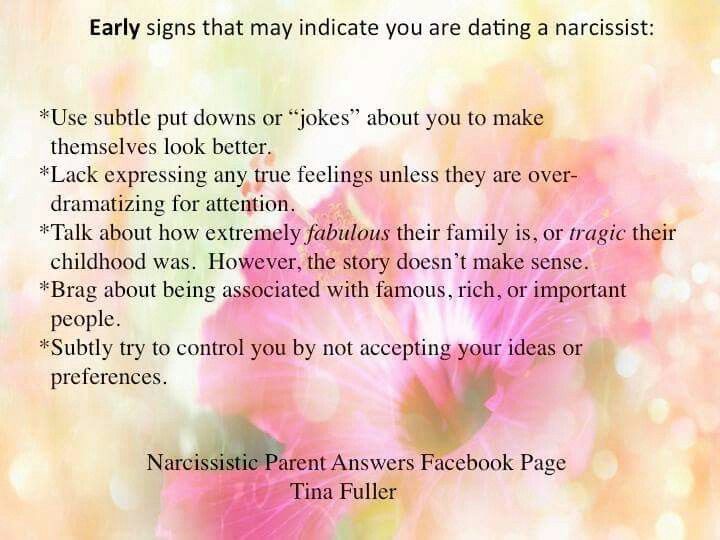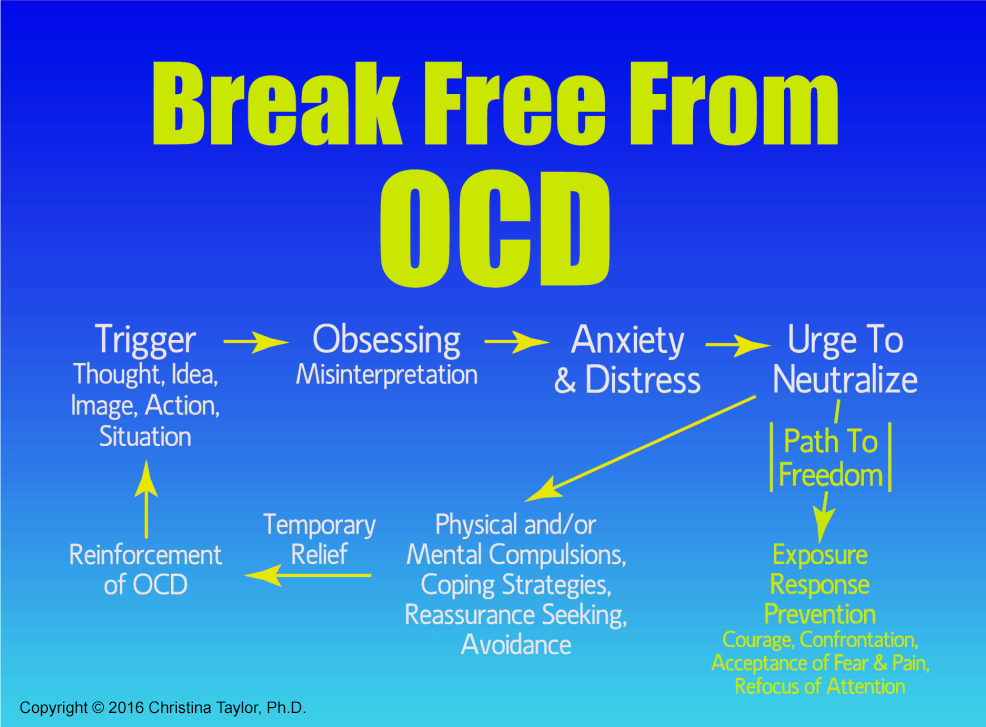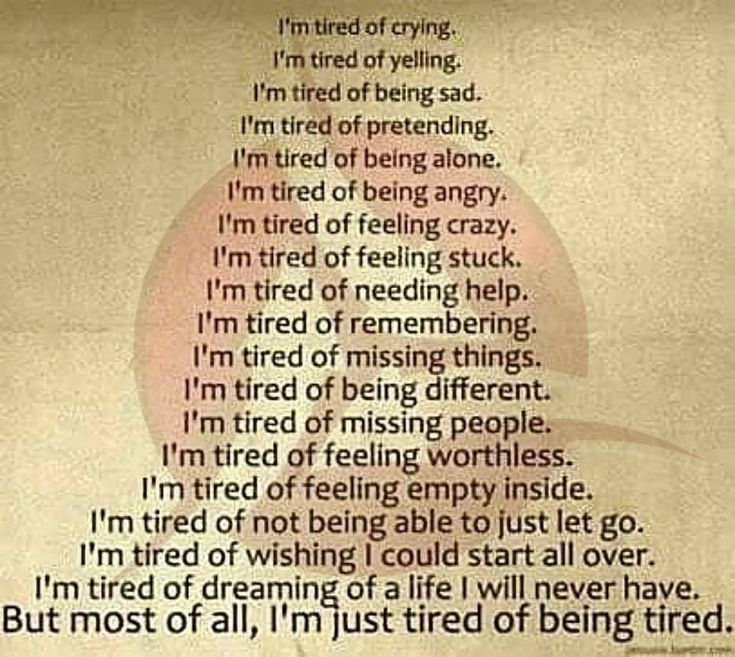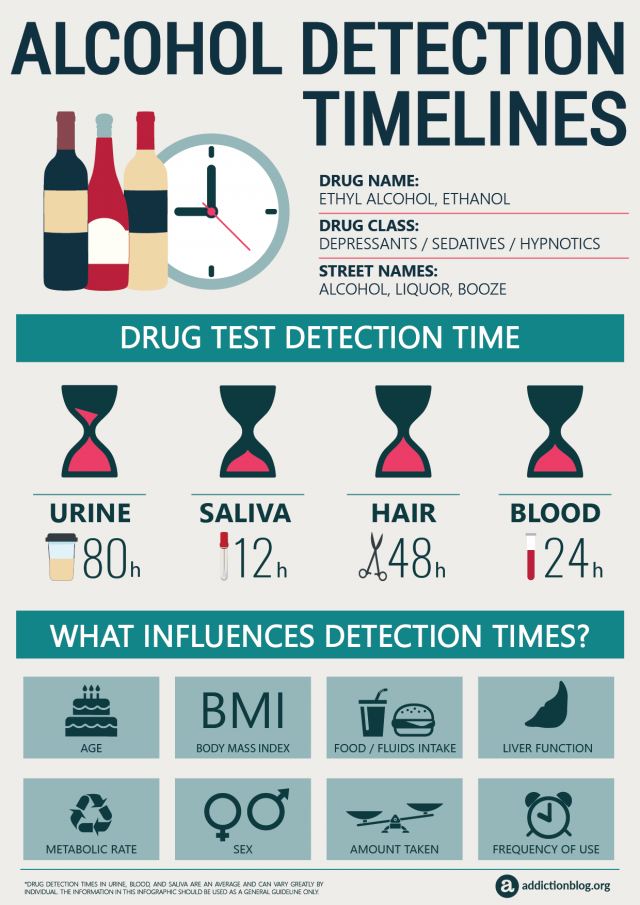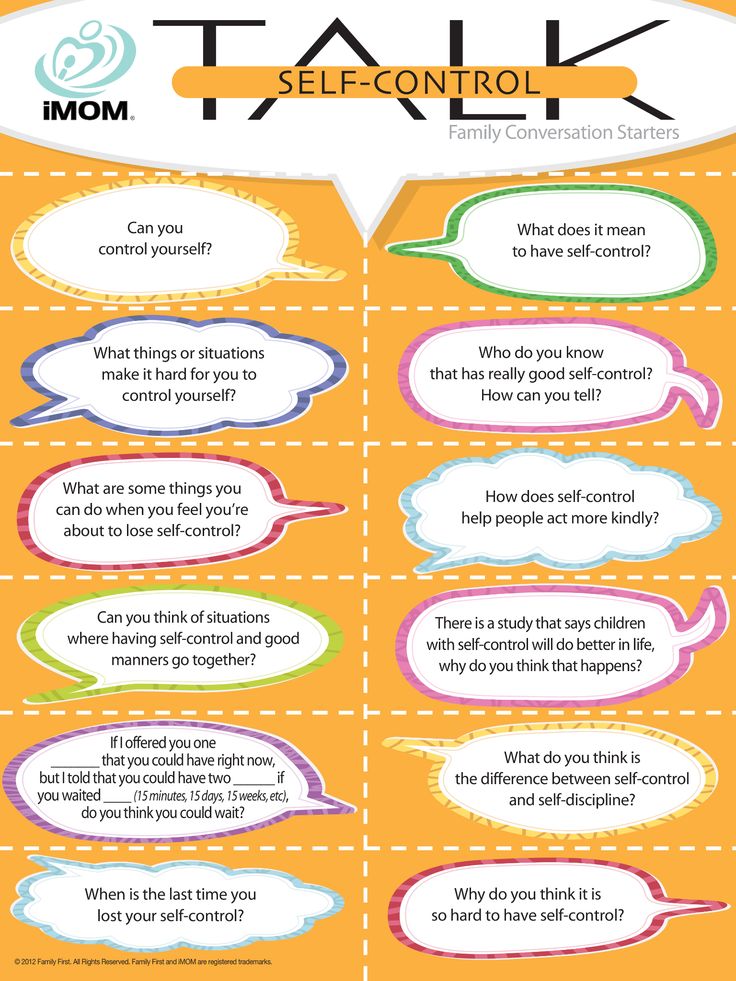Forgiving a narcissistic mother
Are You Rushing to Forgive Your Narcissistic Parents?
Source: pingpao/Adobe Stock
Forgiveness is often touted as the holy grail of healing. Indeed, releasing anger and resentment toward someone who has hurt us can be freeing, but, when it comes to narcissistic parents, the impulse to forgive too soon is treacherous terrain that can lead to further harm.
Because our ability in childhood to attach to our parents represents survival, if our parents hurt us, we are psychologically wired to forgive them, downplay or deny the harm, and blame ourselves for the problems in the relationship. The drive to stay connected to our parents is a powerful lifelong imperative even when they are violating our trust. And this is the challenge for adult children of narcissistic parents: overcoming the forgiveness trap that compels us to ignore or excuse the abuse and continue to seek resolution with the unrepentant abuser.
9 Excuses We Make for Our Narcissistic Parent(s)
Here are common excuses adult children make for their narcissistic parents, compounding their trauma. Do you recognize any of these forms of denial in yourself?
1. Children tend to unfairly blame their parents.
As discussed, children are psychologically predisposed to deny abuse to preserve the idea that their parents are loving and good, even when they are not. This is why coming out of denial about parental abuse can take decades, if it happens at all. The notion that children are prone to unfairly criticize and blame their parents is a misread of human psychology and a lie perpetrated by adults who wish not to be held accountable.
2. We all make mistakes.
Yes, we all make mistakes, but child neglect and abuse is not a mistake. It is a long-term, intentional pattern of profound harm that narcissistic parents rationalize through grandiosity, blame, denial, lies, projection, and scapegoating.
3. My parent(s) suffered in childhood.
Many people suffer in childhood, including you. Even if you believe your parents' narcissism is something they can't help (it is; they just don't want to), this is not a reason to allow them to continue to traumatize you.
4. My parents made sacrifices for me.
By definition, having a child involves sacrifices. That is the contract of parenthood. Even the most abusive parents usually feed, clothe, and shelter their kids. The fact that your parents have done things for you does not excuse their abuse or mean that you owe them forgiveness.
5. I can be the bigger person.
Having narcissistic parents means you already have been required to be "the bigger person" in countless ways throughout childhood when you were not developmentally ready to be. You have experienced ongoing exploitation, rage, neglect, and boundary violations that have undermined your self-esteem, your identity development, your mental and physical well-being, and your ability to have healthy, reciprocal adult relationships. Continuing to try to be the bigger person with your parents or other abusers in your life will only block recovery and add to your trauma.
6. It wasn't real abuse because it wasn't physical.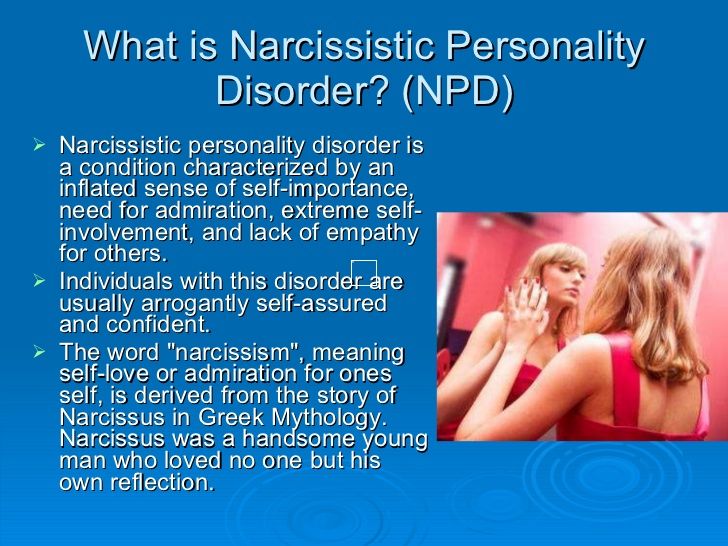
Abuse takes many forms, and most abuse between humans is not overtly physical. Emotional abuse is the gift that keeps on giving because it is much harder to recognize and call out, particularly for a child conditioned to accept such treatment. Belittlement, exclusion, harsh teasing, insults, sarcasm, underhanded compliments, rage outbursts, gaslighting, enmeshment, silent treatment, direct or implied comparison, pity plays, guilt-tripping, and many other forms of emotional abuse, particularly coming from a parent, have devastating consequences.
7. They can't control themselves.
Narcissistic people can and do control their behavior when they are motivated to do so. The very nature of the personality type is a winning outward persona designed to conceal hostility, competitive dominance, and ruthless self-interest.
8. My kids need grandparents.
Yes, your kids would benefit from having loving grandparents, just as you would from having loving parents.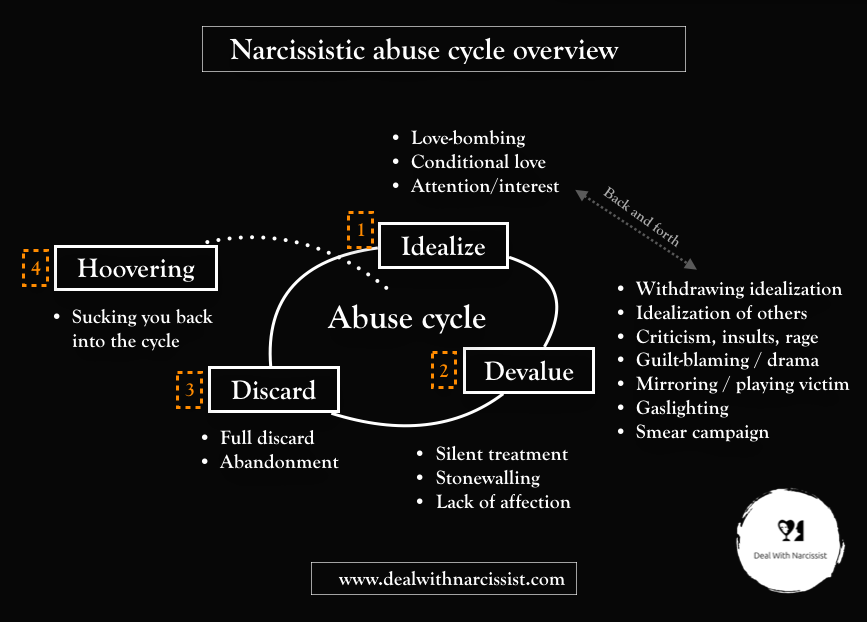 But unless your parents have undergone real change, they will behave the same way with their grandchildren as they did with you. Narcissistic grandparents play favorites and scapegoats, manipulate with money and gifts, triangulate and alienate family members, and the list goes on.
But unless your parents have undergone real change, they will behave the same way with their grandchildren as they did with you. Narcissistic grandparents play favorites and scapegoats, manipulate with money and gifts, triangulate and alienate family members, and the list goes on.
9. They don't mean to hurt me.
Of course they do. People with narcissistic personalities are relationally antagonistic and believe they are superior to others and entitled to do what they want, particularly with their children. It makes them feel better about themselves to make you feel bad. It may even delight them to do so. You telling yourself otherwise keeps you coming back for more abuse and exposing your family to it as well.
Genuine Forgiveness
True forgiveness is an internal experience that is not about the person who hurt us. Rather, it is a state of peace and acceptance about the scars we carry that allows us to let go of the hurt and move on. Before we can truly forgive and let go, we must release our excuses and denial and acknowledge the reality of our vulnerability and suffering.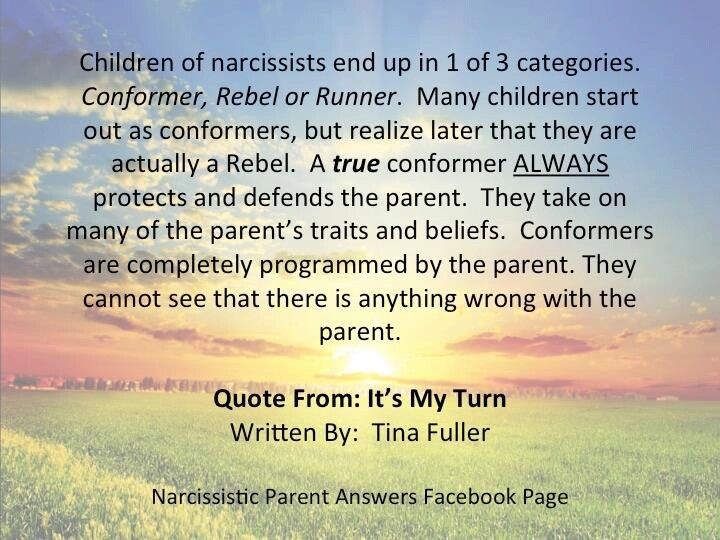 Only then can we walk through the fire and come out on the other side.
Only then can we walk through the fire and come out on the other side.
Healing From A Narcissistic Parent – 7 Practical Strategies
Today, you’re going to learn all about healing from narcissistic abuse by a parent using practical strategies to heal as a survivor of narcissistic parents. You’ll also learn how to forgive a narcissistic parent if you decide to do so.
Growing up with a narcissistic or a self-absorbed parent can leave lingering effects on adults.
These effects might include not being able to initiate and maintain satisfying and healthy relationships, or not being able to say no, etc.
You might feel tempted to get revenge because of all the lingering effect you’re left with.
But the best revenge is to build your self and to create your desired life – this is positive revenge.
Who Is The Narcissistic Parent?Narcissism has become a common term today.
You can see narcissism as being located on a continuum.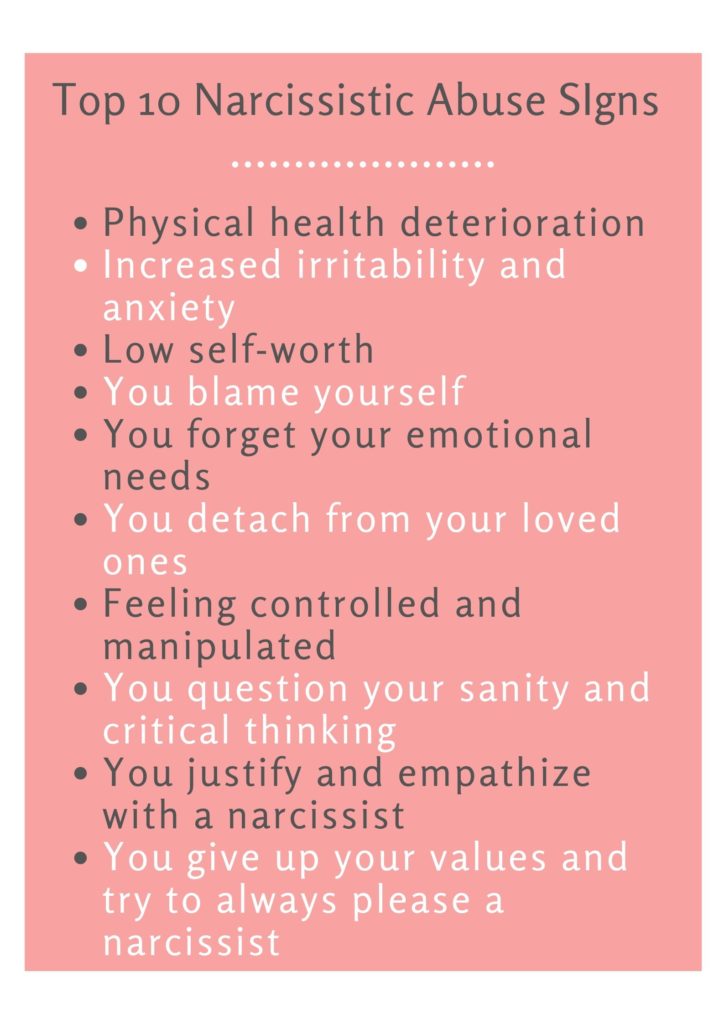 On one end, there is healthy narcissism that is mature and realistic.
On one end, there is healthy narcissism that is mature and realistic.
On the other end, there is pathological narcissism that is extremely immature and unrealistic.
Most narcissistic parents would be in between the two ends, where the person may display the behaviors and attitudes of the person with the diagnosis of Narcissistic Personality Disorder (NPD) as described in the Statistical Manual of Mental Disorders (DSM-5), but it is not an NPD.
These behaviors and attitudes ones that you may expect of children but that signal immaturity, such as constantly bragging, or expecting others to immediately meet one’s demands.
Related: Is My Mother A Narcissist Quiz
8 Behaviors and Attitudes of Narcissistic Personality Disorder (NPD)The following are the behaviors and attitudes that indicate a NPD. Your parent might not have or demonstrate all of these traits. According to the Diagnostic and Statistical Manual DSM-5 that therapists use as a guide, the person has to have only 55 percent of the following characteristics to be considered narcissistic.
According to the Diagnostic and Statistical Manual DSM-5 that therapists use as a guide, the person has to have only 55 percent of the following characteristics to be considered narcissistic.
They expect others to be empathic toward them, but show no empathy to others.
They constantly blame others for mistakes and are critical, demeaning, and devaluing toward you and others.
2. Inability to make real intimate connectionsAlthough they can become very anxious when alone, they perceive relationships as existing for personal convenience and would move from relationship to relationship without being able to make real intimate connections.
3. A sense of grandiosityThe parent has unreasonable expectations for success. They want to win all of the time and do not have a reasonable sense of their personal limitations.
They also have an attitude of feeling vastly superior to others, which can be displayed through behaviors such as talking down to others.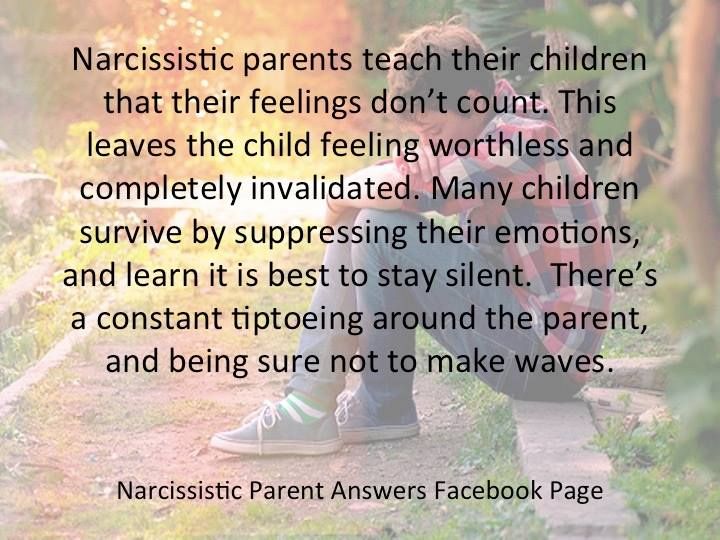
They don’t recognize others as separate and distinct individuals.
They assume that everyone else is just an extension of themselves self, are under their control, and just exist to meet their own needs without protest, even the unspoken ones.
They would ask intrusive personal questions and might tell others what they should do with no respect for others’ boundaries.
5. Attention and admiration seekingThey tend to display attention-seeking behaviors, such as speaking loudly, talking a lot, dressing to attract attention, etc.
6. Impoverished selfThey constantly complain about being deprived or excluded, even when there is no evidence to support such a perspective. But they would usually self-depreciating comments to get others to disagree and reassure them that this is not true.
7. Envy and resentmentThey tend to resent of others’ success, accomplishments, and possessions.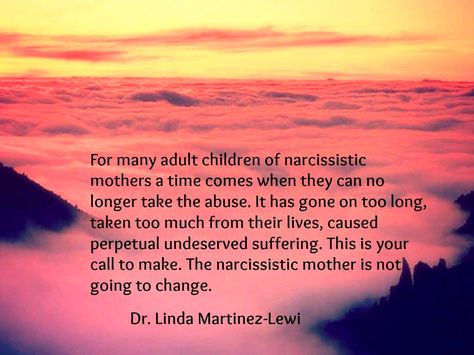 They feel that other persons are not deserving, or they might feel impoverished themselves.
They feel that other persons are not deserving, or they might feel impoverished themselves.
This is when the child is made responsible for the parent’s well-being instead of the other way around. They might use statements, such as “I love you when you…,” or, “If you loved me, you would…”
Related: 13 Symptoms and Behaviors of Narcissism You Should Look For
6 Sings You Grew Up With A Narcissistic Parent1. Your parent seems to be self-absorbed in almost every situation and circumstance. Even when some of their acts seem to benefit others, they are really based on their own needs.
2. You have suffered a number of parental empathic failures that affected you psychologically and that continue to affect you today.
3. You always felt that you are responsible for your parent’s emotional or physical well-being and no matter how hard you worked to achieve this, you had no success or you never received your parent’s appreciation.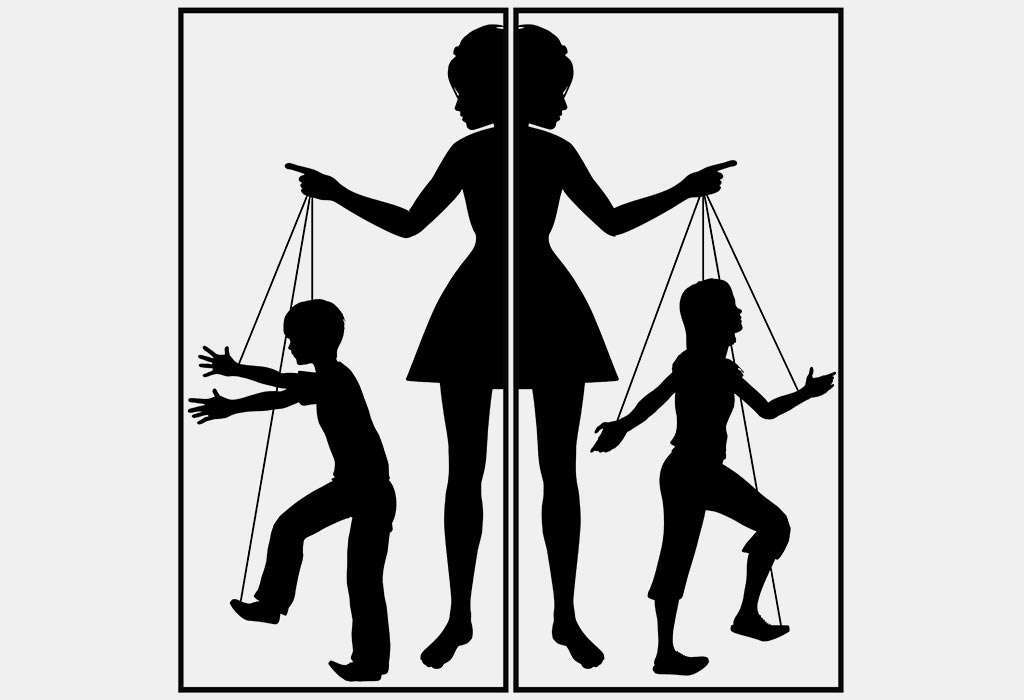
4. You emerged from childhood with relatively low self-esteem and self-confidence, which continue to affect your relationships.
5. Any efforts you made to get your parent to see your own perspective, to approve of you, or to show you love and support have been futile.
6. Any attempts to change your parent have been futile – they did not and will not change.
Related: Is My Mother-In-Law A Narcissist Quiz
5 Types of Narcissistic Parents1. The Severely Narcissistic Parent
They have an insatiable need for admiration. They must be the center of attention and may treat you as a rival, especially when they feel the spotlight is moving from themselves to you.
Whenever the narcissist feels threatened, they may use criticism and other forms of emotional abuse to undercut your sense of confidence.
2. The Control FreakThis parent sees their child as a person whose role in life is to make them happy and do as they say.
They demand and threaten severe consequences anytime their child is trying to do something different.
They would justify their demands by claiming that only they know the best course of action their child can take.
3. The Overly Enmeshed ParentThey will smother you with demands for time and attention and would insist on erasing any boundaries between you.
They really on their role as a parent to fill their emotional needs. Constantly reminding you of the sacrifices they had to make for you.
They commonly describe their child as their “best friend,” though they would offer little to no support or empathy, especially when their child’s needs and preferences don’t line up with their own.
4. Parents Who Need ParentingThese parents are usually overwhelmed, depressed, or addicted, leaving their child the responsibility to take care of himself or herself and sometimes the rest of the family as well.
When a role reversal happens, the child grows up for the guidance and protection his or her parents were unable to give.
Parents on this dark end of the spectrum are devoid of warmth.
They would leave their child unprotected from abuse at the hands of other family members or at their own hands.
Related: 5 Weird Things Covert Narcissists Do To Manipulate Their Victims
Healing From A Narcissistic Parent#1. Let Go of FantasyThe first step in healing from your narcissistic parent is to let go of your fantasy.
You may not even be aware that you are fantasizing, but children of narcissists usually have one of these fantasies:
* Your parent admits their mistakes and hurts, and makes amends.
* You are able to achieve more success than your parent and show them that.
* Everyone sees your parent for the person they are and rejects them.
* You do to the parent what they did to you, or someone else does that to them and they suffer.
* Your parent will regret what they did and change.
The reason why these are fantasies is because they are unlikely to happen – your parent isn’t going to change or become aware of their wounding.
Having these fantasies are reinforcing your negative feelings and keeping you stuck.
Becoming aware of your own fantasies and how unlikely they are to happen is the first step to let go of them and allow yourself to heal.
But how do you stop having them?To let go of these fantasies, you need to work through and resolve your negative feelings about the injury and your narcissistic parent.
One strategy is to engage in self-talk in your thoughts every time you begin to think any of your fantasies.
For instance, if you find yourself fantasizing about your parent apologizing for the hurts they inflicted, you can tell yourself the following:
- I cannot change others and it is unrealistic to expect my parent to change.

- I need to accept that my parent isn’t going to realize the hurt that they inflicted
- I will rise above the hurts by becoming a better person.
- I don’t need to hurt my parent or receive an apology in order for me to feel better.
Be patient with yourself – these fantasies won’t disappear overnight.
Remind yourself that the hurt might be deeper than you thought, and that with persistence you will overcome it.
The following strategies will also help you reduce your fantasies.
Related: How To Step Out Of Denial? Top 10 Steps To Overcome Denial When The Truth Is Heartbreaking
#2. Allow Yourself to GrieveSit with the pain and grieve having to let go of your fantasies. Don’t try to talk yourself out of it. Whatever is there you need to release. Tell yourself that you deserve this time to heal.
You might need to take time to be alone to grieve. Set aside some time alone solely for this grieving process. Repeat it several times until you begin to feel relief.
Repeat it several times until you begin to feel relief.
There is no right way to grieve, so try several different things until you find what works for you.
Some people are able to process their feelings when taking long walks, going for long runs, journaling, drawing, etc.
The most important thing is that you allow it to happen. Giving yourself emotional attention might feel uncomfortable, but you can do it.
Your grieving may take the form of intense sadness and even anger. Don’t act on these feelings other than to write them down. Allowing yourself to feel your emotions doesn’t mean to be destructive to yourself or others.
Related: Best 21 Grief Journaling Prompts (+FREE Grief Worksheets PDF)
Grieving the Parent You Never HadEvery child deserves loving and supportive parents. If you didn’t have that growing up, you have a right to grieve the loss.
Recognize these feelings and write them down in your journal or talk about them with a safe person.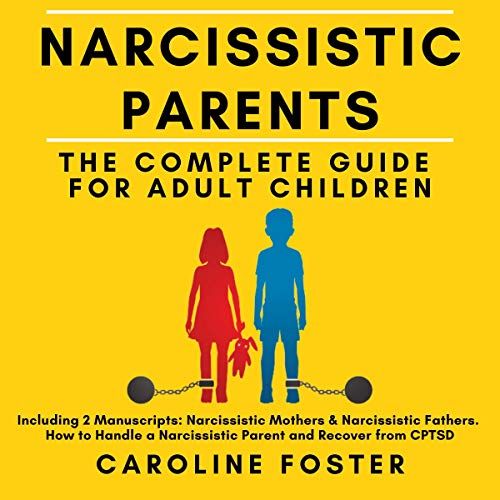
If you can’t think of a safe person who’s willing to listen, try 7cups of tea. It is an online service with thousands of volunteer listeners stepping up to lend a friendly ear.
Start with a list of what the ideal parents would look like to you.
This could include having parents who understood you, with whom you could talk about your feelings and desires, parents who would accept you for who you are, who would be proud of you, etc.
Contrast what you wanted to what you had with your own parents.
Allow yourself to face the disappointment and pain these holes had left you with.
As you go through the list of the things you wanted in your parents, you might feel that you do not or did not deserve loving parents. That’s a distorted deep belief ingrained from the emotional abuse or neglect you experienced during your childhood. But you deserve loving parents.
Related: How To Feel Your Feelings & Sit With Painful Emotions? (Top 9 Difficult Emotions)
#3.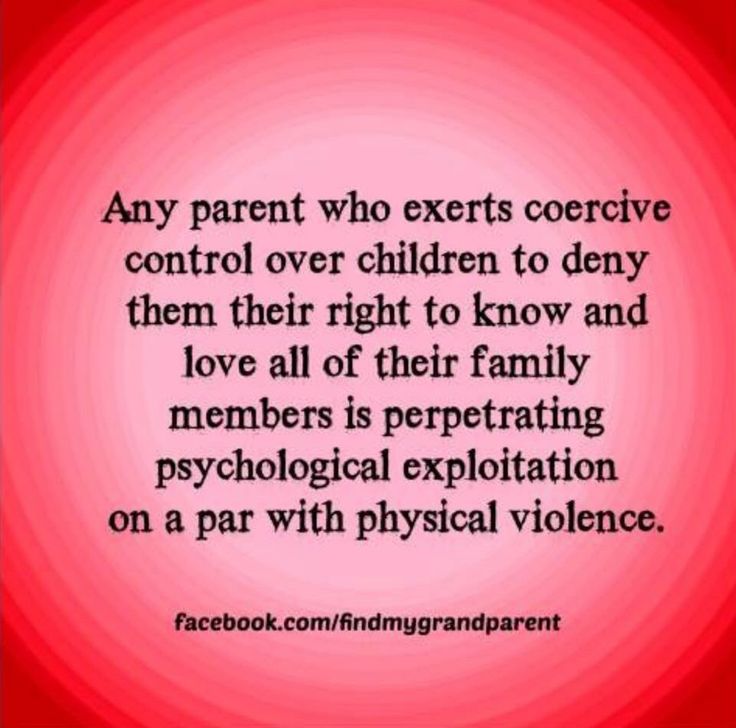 Transform Your Negative Self-Talk
Transform Your Negative Self-TalkYour narcissistic parent might have triggered much of your insecurities and negative thoughts. But your current negative self-statements can be a contributor too.
To change your negative self-talk, you need to become aware of it and its inaccuracy and negativity and substitute it with positive self-statements.
The following are some examples:
Negative Belief: I need others’ approval.
Self-affirmation: I like and want this person’s approval, but I will be okay even if I don’t get it.
Negative belief: I must be perfect.
Self-affirmation: I will work to be better, but I still like myself even when I am not perfect – good enough is sufficient.
Negative belief: I need to take care of others.
Self-affirmation: Showing confidence that the other person can fix it can be the best help I can give them.
Negative belief: I am helpless to make changes.
Self-affirmation: I have not yet found a way to do change, but I believe in my ability to make choices and change
Negative belief: I’m not as worthwhile as others.
Self-affirmation: Mistakes are one of our best tools to learn and most mistakes can be corrected and they don’t make me less worthwhile.
Related: Negative Core Beliefs List (& 8 Tips On How To Challenge Them)
#4. Cultivate AltruismAltruism is when you give freely not because you are forced, or made feel guilty, or for your own satisfaction. It is also free from obligations, expectations, reciprocity, or any other strings attached.
You simply give because you want the other person to have whatever it is.
Being accustomed to getting with strings attached, altruism can help you change the way you perceive the act of giving.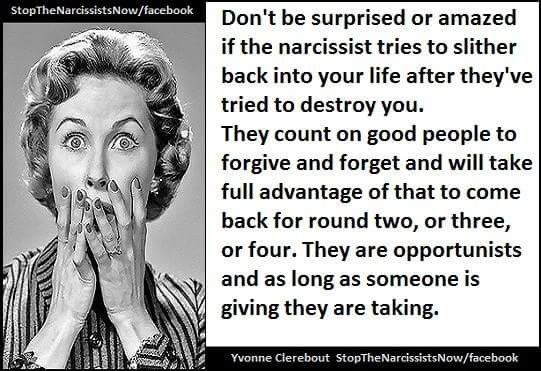 It doesn’t just benefit the receiver, but the giver also receives positive outcomes.
It doesn’t just benefit the receiver, but the giver also receives positive outcomes.
It helps you free yourself from expecting and needing appreciation, expecting something in return, or feeling the need to do something to gain someone’s approval and admiration – you free yourself from the negative beliefs around giving the narcissistic parent taught you.
What can you do or say that would be altruistic?
First, you need to keep reminding yourself that your actions will be freely given and are without strings.
The following are is a set of altruistic acts you can perform:
- Helping a neighbor, by bringing a home-cooked meal, offering to babysit, or even offering a listening ear.
- Tutoring or mentoring a child.
- Making reading tapes for the visually impaired.
- Buy a movie ticket for the person behind you.
- Pay for someone’s meal at a restaurant.
- Hold open the door for people.
Related: How To Validate Someone’s Feelings Without Agreeing? (+Examples of Validating Statements)
#5.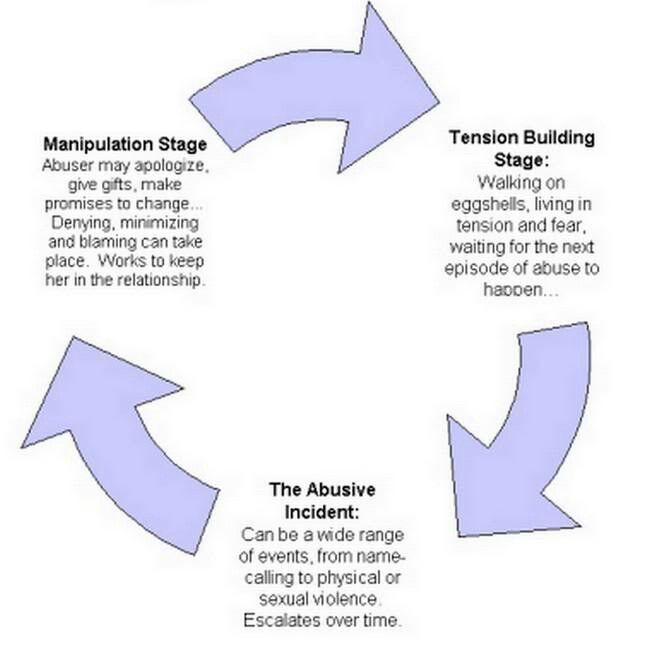 Reach Out to Others
Reach Out to OthersYour relationship with your narcissistic parent might have affected your ability to create and maintain healthy relations.
Reaching out to others and working on these connections will help you change the negative beliefs around relations.
Our relations and connections with others improve our physical and emotional health and provide us with significant support. These connections are also part of what gives meaning and purpose for our lives.
You can use encouraging self-talk to get started. Remind yourself that you might face disappointments, but that you need to try to understand others’ responses rather than giving up.
Keep in mind that meaningful relationships usually take time and effort to develop.
The following are some ideas to help you with that:
* Show interest in the other person and ask them questions to encourage them to talk about themselves.
* Find something you appreciate about the other person and let him know about it.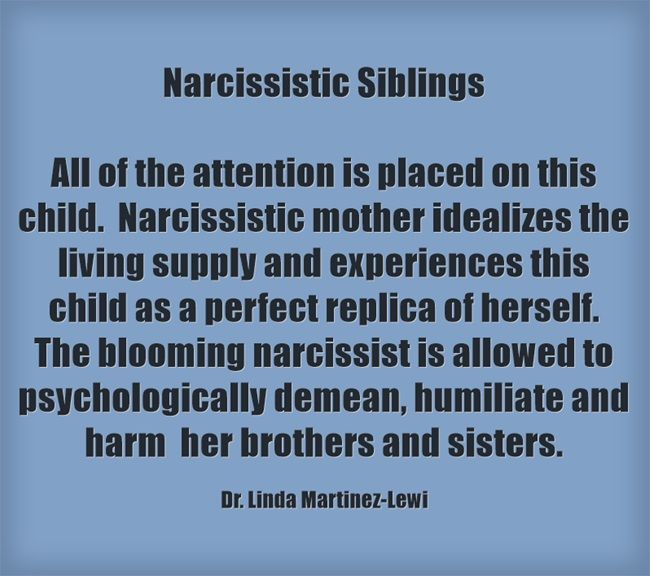
* Listen intently to their concerns and don’t rush to solve their problems or give unsolicited advice. Most of the time people don’t need a solution, they just need someone who’s going to listen and sympathize.
* Respect other people’s psychological boundaries and don’t try to take over others’ lives, or let your life be taken over.
* Find mutual interests and activities with the other person, and engage in these.
#6. Mindfulness: Increase Your Self-AwarenenssMindfulness teaches you to stay focused on what is important. This won’t just improve your life, but also your interactions with your narcissistic parent.
It helps you stay grounded and curiously observe your emotional state and thoughts. It can reduce your anxiety or anger and let you feel more in control.
You can practice mindfulness while interacting with your narcissistic parent by doing the following:
* Notice that your parent is showing many signs of aging you don’t remember seeing before.
* Notice how even though your parent is saying the usual hurtful things, you are not confused about why they’re saying them.
* Watch the inaccurate words said by your parent flow out harmlessly – they don’t hurt you anymore.
* Notice your parent’s anxiety without taking it on your essential inner self, or feeling that you need to change it.
Start practicing mindfulness with more activities throughout the day, (like washing the dishes, or taking a shower, or taking a walk outside) until it becomes effortless.
#7. Break The Cycle: Reduce Your Own Self-AbsorptionBeing raised by a self-absorbed parent, you can see how self-absorbed behaviors and attitudes are not constructive or helpful.
It’s also important that just as your narcissistic parent cannot see their narcissism, you may also be unaware of the behaviors and attitudes you have that indicate undeveloped narcissism.
Becoming aware of your narcissistic parent influence and working on reducing your own self-absorption will help you lead a healthier life and enjoy better relationships.
Start noticing any of these behaviors or attitudes and journal about them. Think of ways you can reduce these behaviors and attitudes and replace them with healthier ones.
The following is a list of the behaviors and attitudes of the narcissistic that you need to watch out for:
* An attitude of entitlement that conveys arrogance, contempt, and superiority.
What can you do: become more aware of the impact of your behavior on others and question some assumptions you might have about how others are supposed to treat you.
* Attention-seeking behaviors that ensure that you are constantly the center of attention.
What can you do: become more aware of your attention-seeking behaviors, such as talking loudly, and reduce such behaviors.
* Admiration seeking behaviors through which you external recognition and approval.
What can you do: refrain from boasting and bragging – your achievement is enough recognition you don’t need external validation.
* Lack of recognition or understanding of the boundaries that define where you end and where others begin.
What can you do: become more aware of when you might have violated others’ boundaries, as well as when your own boundaries are being violated.
* Taking advantage of others for your personal benefit.
What can you do: become more aware of any attempts from your part to get people to do things for you just because you want them to and not really because you need their help.
* Lack of empathy and not being able to be compassionate with others’ feelings.
What can you do: practice listening more intently to others and try to tune in to other people’s feelings behind their words.
Related: How To Break The Cycle Of Abuse? Top 10 Powerful Strategies To Stop Being An Abusive Person
How To Forgive A Narcissistic Parent?Should You Hold The Narcissist Accountable For His Abuse?Victims of narcissistic abuse struggle with the dilemma of whether or not to hold the narcissist accountable for their behavior.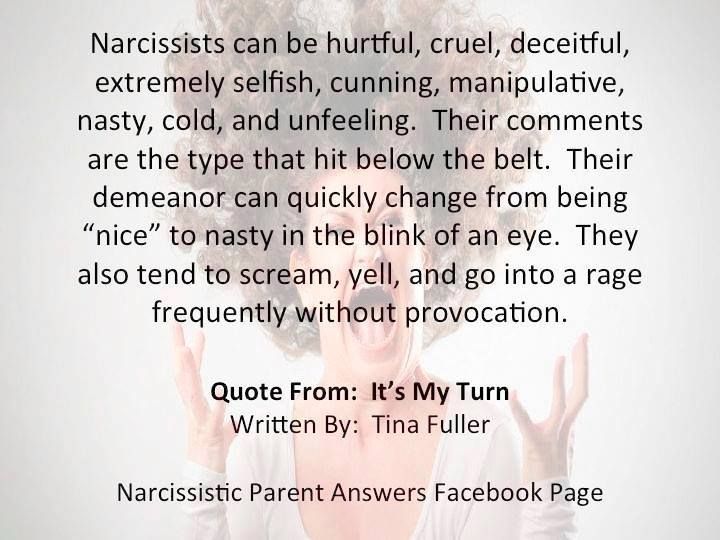
Narcissism is a personality disorder, but that doesn’t mean that they have no control over their actions and words. The mere fact that they can be nice to other people is evidence that they are indeed in complete control of their behaviors.
But think about narcissism in terms of addiction. You probably wouldn’t excuse the behavior of a drug addict or allow him to use you and abuse you, because you know that a drug addict can fight his compulsions. The same is true for the narcissist.
Narcissists do know right from wrong and can choose right, but they do not want to. They don’t want to face the consequences of their actions. Psychologists also agree that narcissists lack impulse control.
Rebuilding a relationship with the narcissist will depend on his level of accountability for his actions. They need to acknowledge, accept, and be willing to modify their behavior. This unlikely to happen with the narcissist because they don’t believe they ever do anything wrong.
Related: Best 21 Forgiveness Journal Prompts (+FREE Worksheets PDF)
Should You Forgive a Narcissistic Abuser?With the innumerable hurtful actions they had done, it would be nearly impossible to forgive each one.
But you can’t forgive one thing without forgiving everything. Forgiveness should include everything for it to bring you peace of mind.
Forgiveness isn’t about excusing the abuser.
To excuse the narcissist is to give in or let them off the hook, and that will only set you up for more deception and abuse.
Forgiveness has nothing to do with whether or not the abuser deserves to be forgiven. Forgiveness can be given without the narcissist ever knowing they have been forgiven.
Forgiveness is about letting go of toxic feelings – anger, resentment, and fear. It is a commitment you make to yourself to heal your wounds and allow yourself to begin life with a clean slate.
Ann Landers said, “Hanging on to resentment is letting someone you despise live rent-free in your head. ”
”
Forgiveness is also a by-product of self-love. When you truly love yourself, you’ll have no need to hold on to grudges.
Related: Forgiving Someone Who Isn’t Sorry: 9-Step Guide To Free Yourself From The Past
How To Forgive A Narcissistic Parent?There are many ways to help you forgive:
Writing things down can be healing in itself and forgiveness does not depend on your abuser reading the letter. But if you wish to send the letter, at least wait a week or more before deciding whether or not to send or email it.
2. Use an empty chairSit across from it and speak to it as if the person you wish to address is sitting in it. Then switch seats and imagine their response to what you just told them. (Gestalt therapy, formulated by Fritz Perls 1893-1970)
3. Use forgiveness meditation1. Take your time to relax and clear your mind by focusing on your breath.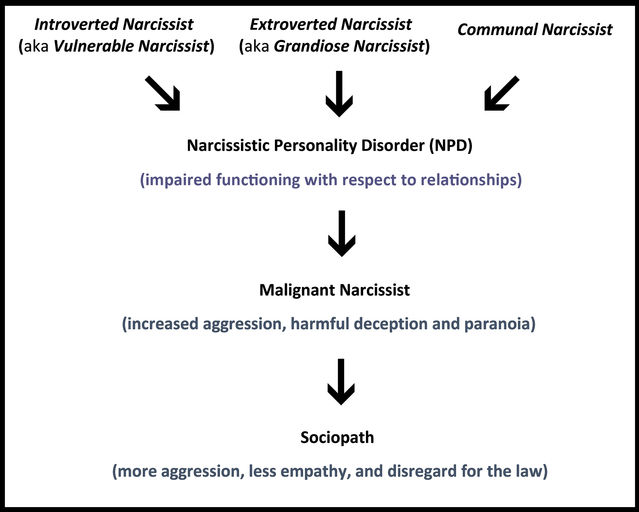
2. Then let yourself picture and remember the many ways you were abused by the narcissist.
3. Feel the sorrow you have carried from this past and sense that your heart is ready to release this burden of pain by extending forgiveness.
4. Now say to yourself “I have been carrying this pain in my heart for too long. I am ready now to release the pain. To those who have caused me harm, I offer my forgiveness, I forgive you.”
5. Gently repeat this statement to yourself until you feel a release in your heart.
If you didn’t feel ready to let go and move on yet, be compassionate with yourself. Forgiveness cannot be forced. Simply continue the meditation and let the words and sensations gradually work in their own way.
FREE Forgiveness WorksheetsDownload PDF
ConclusionLiving well, where you achieve a meaningful and satisfying life, in spite of your narcissistic parent behaviors and attitudes that affected you is the best revenge.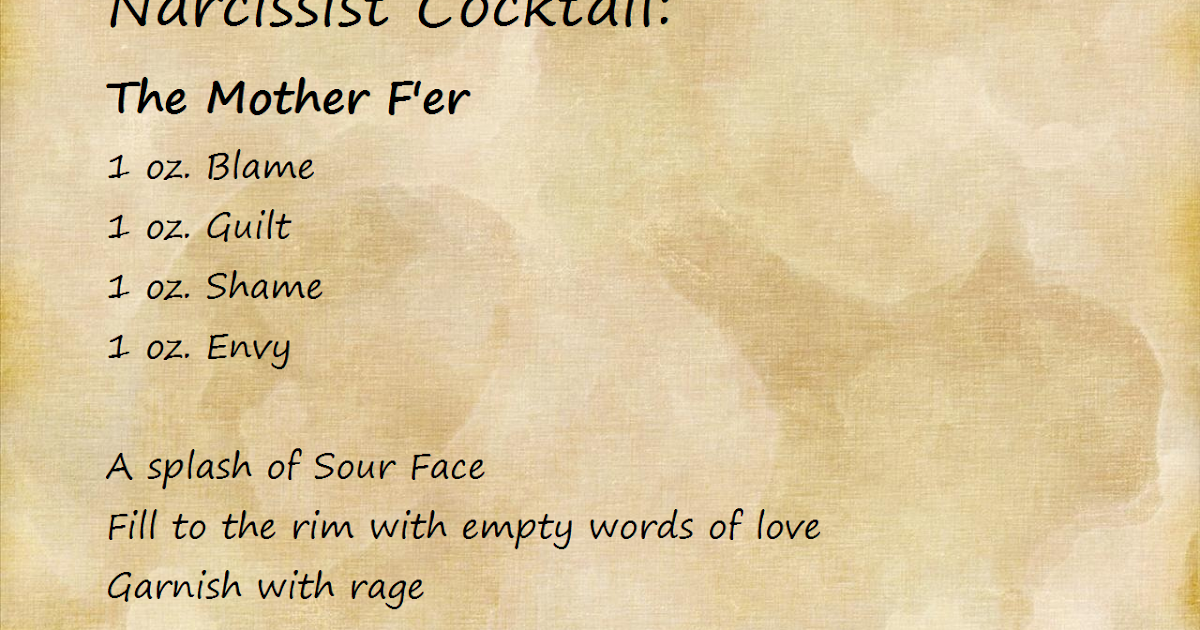
“Positive revenge” allows you to show the other person that they were wrong without hurting them or compromising your own values and principles.
What’s Next? Healing The Mother Wounds: 9 Powerful Ways To Heal Your Inner Child
Still Dealing With A Narcissistic Parent? Read this: How To Set Boundaries With Narcissistic Parents?
Resources
- Portions of this article were adapted from the book Children of the Self‑Absorbed, © 2001 by Nina W Brown. All rights reserved.
- You Probably Think this Paper’s About You: Narcissists’ Perceptions of their Personality and Reputation – PMC (nih.gov)
- Narcissism Driven by Insecurity, Not Grandiose Sense of Self, New Psychology Research Shows (nyu.edu)
- Narcissism study sheds new light on the relationship between grandiose and vulnerable subtypes (psypost.org)
- Study shows Narcissistic Personality Disorder may have a biological component – UChicago Medicine
- Study Finds Link Between Narcissism and Aggression (verywellmind.
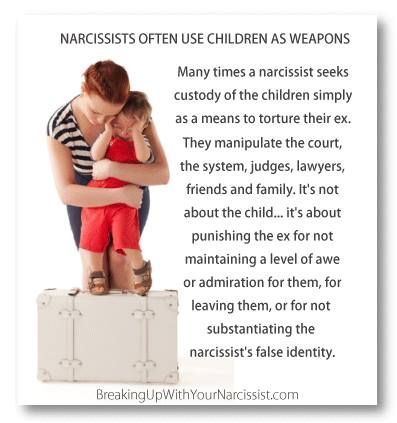 com)
com) - A Study of Narcissism, Affiliation, Intimacy, and Power Motives among Students in Business Administration – Lynne Carroll, 1987 (sagepub.com)
- There Are Two Types of Narcissist, And The Difference Is Crucial, Research Shows (sciencealert.com)
- Effects of Narcissistic Abuse (verywellmind.com)
- The Effect of Pathological Narcissism on Interpersonal and Affective Processes in Social Interactions – PMC (nih.gov)
- Narcissistic personality disorder – Symptoms and causes – Mayo Clinic
- Frontiers | The Higher the Score, the Darker the Core: The Nonlinear Association Between Grandiose and Vulnerable Narcissism | Psychology (frontiersin.org)
- (PDF) Narcissistic Personality Disorder: Impact on Relationships (researchgate.net)
- Mediation effect of narcissism on the relationship between empathy and the quality of interpersonal relationships – ScienceDirect
- Narcissism: 5 Signs to Help You Spot Narcissistic Behavior (webmd.com)
Affordable
Online Therapy: Do You Need Professional Help?Visit Online-Therapy.
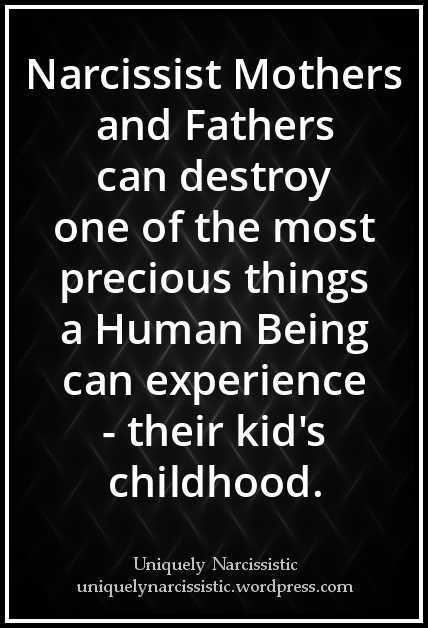 com Today
com TodayTalk to Someone Now
Can’t Afford Therapy?
Our Worksheets Will Help Support Your Mental Health
Access Our FREE Library Resources
Why narcissistic mothers are dangerous and how they ruin the lives of their daughters
Reading books about the relationship between mothers and daughters, Dr. Caryl McBride cried every time. She could not understand why she could not remember the feelings of affection and love in her childhood, and she really wanted to find an explanation for this. Thus was born the book Good Enough, in which McBride, based on real stories, explores (for the first time!) the problem of maternal narcissism and its impact on the lives of daughters.
“Both boys and girls suffer from the disruption of emotional bonds when one of the parents is a narcissist. However, the mother also serves as a role model for the growing daughter,” says Caryl McBride.
The narcissist mother pushes her daughter to react to the world around her in the way she herself does, and not in the way that suits the child.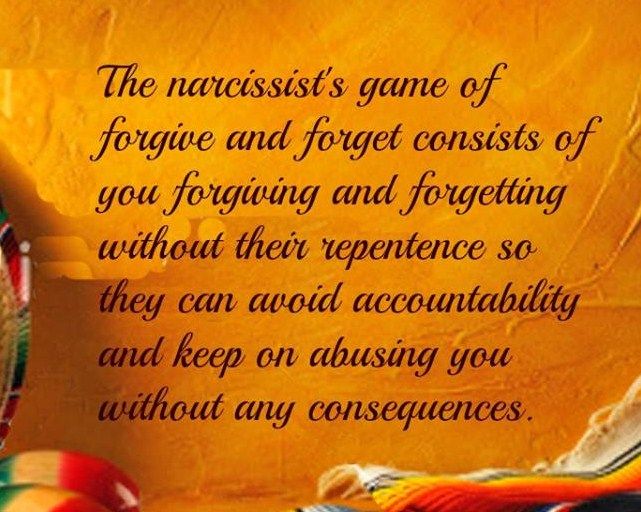 The girl constantly tries to guess the reaction of her mother and adapts to her in order to earn approval and love. Of course, she does not understand that such behavior serves only the interests of the mother. nine0003
The girl constantly tries to guess the reaction of her mother and adapts to her in order to earn approval and love. Of course, she does not understand that such behavior serves only the interests of the mother. nine0003
“Unconditional acceptance of a child as a unique individual is a necessary condition for a girl to grow into a confident woman. If you had a narcissistic mother, you were deprived of that,” McBride writes. The concept of love in daughters of narcissistic mothers is distorted. In childhood, they try to earn the approval of their mother. Their definition of love is to please another without expecting anything in return. This negatively affects the girls' future romantic relationships.
Moreover, the patterns and narcissistic traits learned in childhood, grown-up girls, becoming mothers, can be transferred to their daughters and reward the next generation of women of their kind with narcissistic traits. nine0003
9 characteristics of narcissistic mothers
In everyday life, narcissists are called arrogant people who are obsessed with themselves and their desires. In psychology, narcissism is a spectrum disorder that can manifest itself in many ways, from a few character traits to a full blown narcissistic personality disorder. According to the American Psychiatric Association, approximately one and a half million women in the United States suffer from narcissistic personality disorder.
In psychology, narcissism is a spectrum disorder that can manifest itself in many ways, from a few character traits to a full blown narcissistic personality disorder. According to the American Psychiatric Association, approximately one and a half million women in the United States suffer from narcissistic personality disorder.
The Diagnostic and Statistical Handbook of Mental Disorders identifies nine characteristics of narcissistic personalities. nine0003
1. Have an inflated sense of self-importance , may exaggerate their achievements and talents, or expect to be recognized as superior in any situation. For example, a mother speaks only about herself, does not ask her daughter questions, is not going to listen to her, but only shares her news and feelings.
2. Constantly fantasize about limitless success, power, incredible achievement, beauty, or ideal love. For example, a mother earns money by cleaning houses and is sure that her famous clients will help her become famous herself. nine0003
nine0003
3. They believe that they are special and unique , so they can only be understood by people who are just as special or have a high status. The rest are despised. For example, a mother takes the family to a restaurant and treats the waiters like servants.
4. They crave excessive admiration. Example: A mother demands to be thanked, praised and complimented for everything she has ever done for you.
5. They think that everyone owes them. These are unrealistic expectations that other people will treat them especially well or automatically meet their expectations. For example, a mother is sure that she is too important a person to stand in line. nine0003
6. Exploit others , that is, they use others to achieve their own goals. For example, a mother is friends only with those who can be useful to her.
7. Demonstrate a lack of empathy : unwilling to notice other people's needs or cherish their feelings. For example, a mother constantly points out her daughter's "mistakes", criticizes and humiliates her.
8. Often envious of others or feel that they are the object of envy of others. For example, a mother claims that she has no girlfriends because women are jealous of her. nine0003
9. Demonstrate arrogance, arrogance and attitude. For example, a mother thinks that her children are too good and should not play with peers from less wealthy families.
The degree of narcissism can vary. McBride emphasizes that even if your mother doesn't have all nine traits of people with severe narcissistic personality disorder, her narcissism still hurt you. If so, then three destructive mindsets have haunted you throughout your life:
- Something is wrong with me.
- My value is in what I do, not in who I am.
- It's impossible to love me.
10 relationship problems with narcissistic mothers
In her research on maternal narcissism, McBride identified ten common relationship problems between mothers with narcissistic traits and daughters. It doesn't matter if you have experienced all the features in your life or only some of them. This only indicates how clearly narcissism is expressed in the behavior of your mother. nine0003
It doesn't matter if you have experienced all the features in your life or only some of them. This only indicates how clearly narcissism is expressed in the behavior of your mother. nine0003
1. You notice that you are constantly trying to win your mother's love, attention, and approval, but fail to please her. Narcissistic mothers are critical and do not accept their daughters as they are.
2. The mother emphasizes that what matters to her is how something looks, and not how you feel about it. Your emotions don't matter to her. She consoles you not with hugs, but with buying new clothes.
3. Your mother is jealous of you: because of your appearance, material well-being, achievements, education, and even because of your relationship with your father. nine0003
4. Narcissistic mothers control the interests and activities of their children and do not support their daughters in what they really want.
5. Everything in the family always revolves around the mother.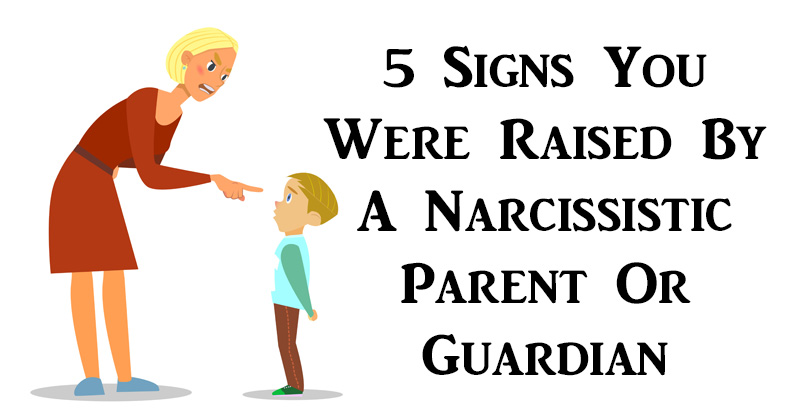 Narcissists do not tolerate rejection and want everyone to obey their wishes.
Narcissists do not tolerate rejection and want everyone to obey their wishes.
6. The mother is unable to show empathy. The feelings of a daughter growing up next to her are not taken seriously, and she does not feel her own importance. Regardless of age, such daughters may withdraw, stop talking about themselves, or even notice their feelings. nine0003
7. The mother cannot cope with her own emotions. She "stiffens" or "disappears" when it comes to feelings. She does not allow herself or her daughter to express what is in her soul - their relationship is doomed to remain superficial, there is no deep connection in them.
8. Mother often criticizes and condemns. She does it because she doesn't like herself. In this way, she raises her daughters to be extremely sensitive to other people's opinions and makes them constantly feel like they are not good enough. nine0003
9. Your mother treats you like a friend, not like a daughter. In a healthy relationship, the mother plays the role of an adult and takes care of the child. Mothers with narcissistic traits did not receive proper care from their parents in childhood, therefore, emotionally, they resemble children who constantly need support.
Mothers with narcissistic traits did not receive proper care from their parents in childhood, therefore, emotionally, they resemble children who constantly need support.
They often involve their little daughters in the adult world, for example by sharing difficulties with their husband. In this case, the daughter begins to feel loneliness and danger - she does not have a parent to rely on. She feels guilty about not being able to solve her mother's problems and internalizes the "I'm not good enough" mentality. nine0003
10. There are no personal boundaries in your communication with your mother. Emotional separation is an essential part of psychological growth, but the narcissistic mother does not allow her daughter to become a separate person. In family life, she has no boundaries, there is nothing personal. For a narcissistic mother, a child is an extension of herself: she can talk to her daughter on the most inappropriate topics, she has the right to interfere in everything and share information with anyone.
How narcissism manifests itself: an absorbing and ignoring mother
A mother can only pass on knowledge, confidence and self-love to her daughter if she herself has these skills. Moreover, for this to be successful, a woman must build a deep and balanced relationship with her daughter.
Narcissism is the opposite of balance. In the families of narcissistic mothers, everything is taken to the extreme. “Staying true to intergenerational twisted love, most narcissistic mothers place either too much emphasis on raising their daughters (absorbing mother) or very little (ignoring mother),” McBride writes. nine0003
The absorbing mother dominates her daughter with care, dominates every aspect of her life and keeps them under control
She makes all decisions for her daughter and tells her what to wear, how to behave, what to say, think and feel correctly.
Such mothers often seem wonderful. They are involved in the life of their daughters, doing something for them, for them and together with them, so others perceive them as interested parents. Alas, the consequences of such behavior are sad. As a result, daughters have low self-esteem, they often feel their own worthlessness. nine0003
Alas, the consequences of such behavior are sad. As a result, daughters have low self-esteem, they often feel their own worthlessness. nine0003
An ignoring mother, on the contrary, does not pay enough attention to her child. She does not take or deny the feelings of children seriously. Excluding especially difficult cases, such parents provide the child financially: their own room, food, clothes, but they refuse their daughters upbringing, emotional support and empathy. Therefore, they feel invisible and begin to think that as individuals they do not matter.
McBride emphasizes that the two styles described are not mutually exclusive. The narcissistic mother can switch from absorbing to ignoring and back again. In addition, she can choose the type of behavior in relation to her daughters: with one daughter, she can be an absorbing mother, and with another, an ignoring one. nine0003
Perfectionism and Sabotage: How Children React to Mother's Narcissism
When two daughters are raised by the same narcissistic mother, they often take on very different roles. Both girls think they are loved for what they do, but behave differently. One sister, as it were, says to the narcissistic mother: “OK, I will show you what I am capable of and what I am worthy of.” She becomes a perfectionist who constantly strives to achieve more. Another sister, having adopted the same attitude, begins to believe that everything is meaningless and she will not achieve anything anyway. She goes into passivity and self-sabotage. nine0003
Both girls think they are loved for what they do, but behave differently. One sister, as it were, says to the narcissistic mother: “OK, I will show you what I am capable of and what I am worthy of.” She becomes a perfectionist who constantly strives to achieve more. Another sister, having adopted the same attitude, begins to believe that everything is meaningless and she will not achieve anything anyway. She goes into passivity and self-sabotage. nine0003
As adults, successful daughters seem like superheroes, but their accomplishments and high performance do not bring satisfaction or inner comfort.
They are constantly struggling with a sense of failure and never notice how much has already been done. They are constantly looking for what else they can do to prove their worth, and often work themselves up to burnout and chronic fatigue syndrome. There are no problems if you are successful, doing what you love, while praising yourself and taking care of yourself. nine0003
Alas, many super-successful daughters, suffering from workaholism, cannot slow down, which leads them to health problems. Here's proof that I can't be who you want me to be!" They give up easily, try to numb the pain with addictions, are unable to break free from self-destructive habits, and refuse to realize their potential.
Here's proof that I can't be who you want me to be!" They give up easily, try to numb the pain with addictions, are unable to break free from self-destructive habits, and refuse to realize their potential.
As they get older, these daughters start looking for a replacement mother, someone who can take care of them. They are smart, talented and capable of many things, but they do not believe in themselves. So they find alternative unhealthy ways to get other people to take care of themselves: huddling in the basement of an aunt's house, ending up in jail, or living on welfare or unemployment benefits. nine0003
How to overcome childhood trauma
The third part of his book McBride devotes entirely to the process of recovery. She gives many exercises that can help you accept and live through traumatic experiences, and also recommends contacting a psychotherapist. The specific steps to recovery for the daughters of narcissistic mothers are as follows:
- Embrace the limitations and feel the grief of not having the mother you dreamed of.
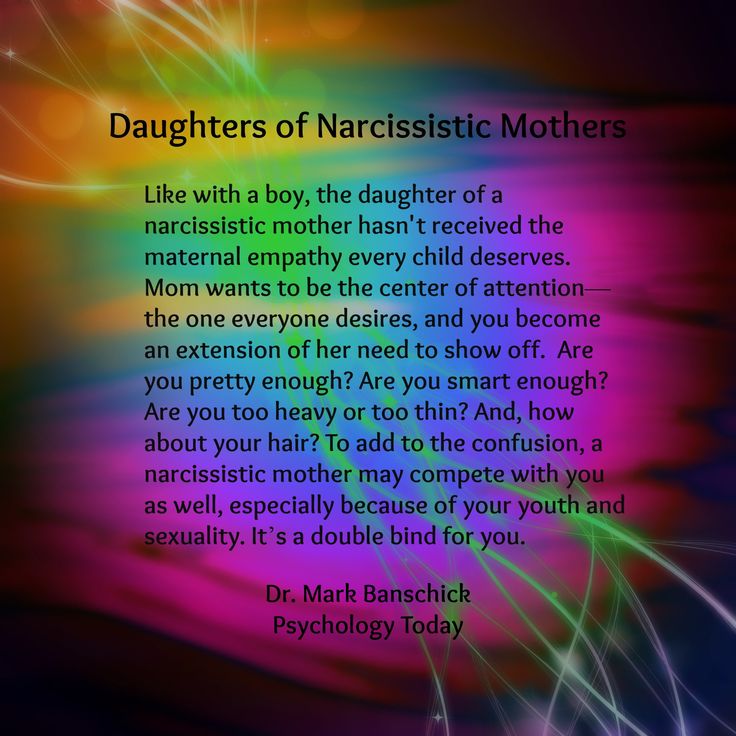 nine0058
nine0058 - Separate psychologically from the mother and reformulate the negative beliefs received from her into positive ones.
- Accept your own feelings, desires and personality.
- Learn to communicate with your mother in a new, more environmentally friendly way.
- Learn to recognize your own narcissistic traits and decide not to pass on this emotional legacy to your children.
- Teach yourself to grieve.
In twenty-eight years as a psychotherapist, McBride has noticed that most people try to skip the last step. This is quite expected, because breaking through denial and feeling pain is incredibly difficult. Meanwhile, mourning is the most important step that plays a decisive role in the process of change. nine0003
It starts with one decision: you allow your feelings to be. This needs to be learned, especially if you have been told all your life to shut up, not to grunt or not feel anything, to lie and pretend that everything is in order when in fact it is not.
You can try to rationalize the pain by thinking, "I shouldn't feel this way" or "It wasn't all that bad." It won't help. Whatever emotions you experience, it is important to let them be. Sometimes this will require being alone in silence. It is important to live without being distracted and without becoming dependent on work or any other that drowns out emotions. nine0003
Take time to be alone and grieve. Do this several times until you begin to feel relieved.
Let the emotions leave the body at their own speed. To do this, you can stay at home alone, take long walks, run, go to the mountains, drive or sit in a coffee shop. Find what is comfortable for you.
During the mourning process, you will go through five stages: acceptance, denial, bargaining, anger, depression. It is important to go through them all and finally accept the fact that your mother is really narcissistic and did not give you the love that you wanted and needed. Only then can you truly live the grief.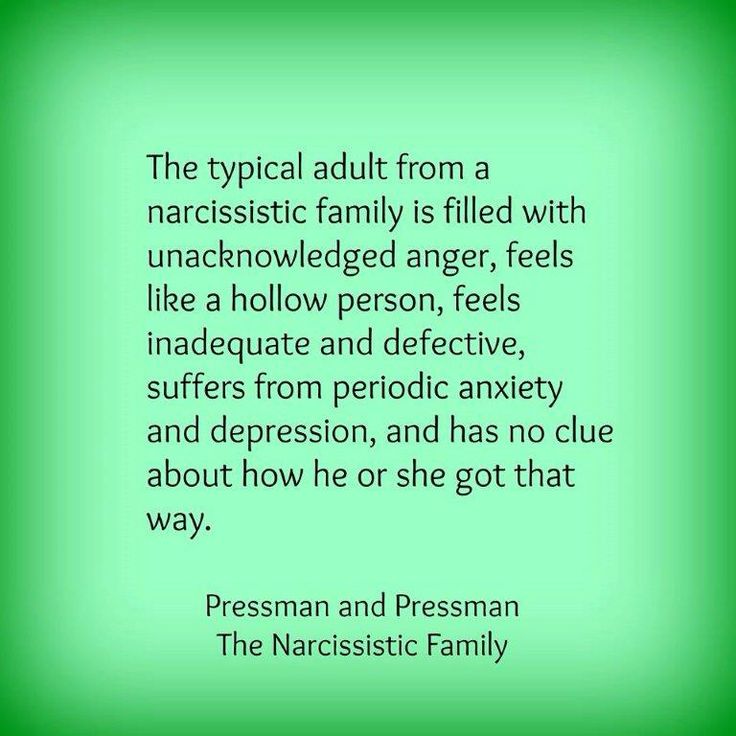 nine0003
nine0003
For effective mourning, McBride recommends:
- Keep a diary. It symbolizes a serious attitude towards recovery. Writing down feelings is another way to let them go. Keeping a diary provides an opportunity to free yourself from trauma.
- Do not listen to other people's opinions while you are in this process. With the best of intentions, friends and relatives will say something like: “Yes, forget about it already”, “You cannot change the past, stop trying” and “Stop thinking about the past, live here and now.” They don't understand that if you don't face your sadness, it will stay with you forever. nine0058
- Let the guilt be. Guilt will inevitably come. McBride notes that in almost every clinical session and every interview, the daughters of narcissistic mothers admitted that they were uncomfortable because they talked about their mothers in a negative way. This is a cultural taboo that will have to be overcome in order to heal from trauma.

- To grieve for that little girl that you failed to become because of the need to early take care of your mother, and sometimes the whole family. nine0058
How to communicate with your mother in recovery
At this stage of healing, it is important to explore ways to manage your relationships and maintain the ability to behave in a healthy way. You have changed, but your mother has not.
McBride argues that in full blown narcissistic personality disorder there is little chance of effective treatment or change. The desire to change is important here, and narcissistic clients, when contacting a therapist, try to quickly find answers to questions about how to interact with other people. They do not assume that the problem may be in themselves, and quickly leave, believing that something is wrong with their therapist. nine0003
The narcissistic mother can be too toxic, so it's important for the daughter to make the decision to break contact with her mother during her recovery.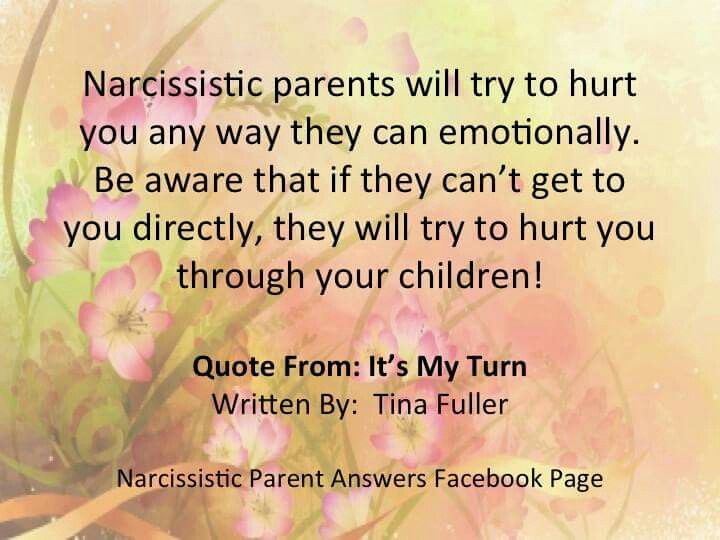 If the mother is unable to change and you are constantly attacked and insulted by her, it is important to understand that cutting off communication with her will be a healthier solution.
If the mother is unable to change and you are constantly attacked and insulted by her, it is important to understand that cutting off communication with her will be a healthier solution.
Due to the rarer communication, your contact will become polite. It is important not to expect anything from the mother, then you will experience less disappointment. McBride elaborates that this schema works best after you complete the healing process by accepting your mother's limitations and truly separating from her. nine0003
How to forgive your mother and is it necessary?
You do not have to wait for your mother's approval by moving away from her during therapy. If she does not leave you alone, you will have to learn to set personal boundaries. “Be clear about what you will and will not do,” McBride writes.
Many people are afraid to declare their boundaries because they worry about the feelings of others. Daughters are also often afraid to install them because mothers might get angry. This fear is very real, as narcissists often cut people out of their lives. nine0003
This fear is very real, as narcissists often cut people out of their lives. nine0003
It is important to understand that the mother has already left you emotionally, there is not much she can do to harm you on a similar scale. come to you for dinner on Sundays. I need to be alone and I won't call you. When I'm done, I'll let you know. You don't need to call me for a while unless absolutely necessary. I'm not angry, and all this has nothing to do with you. It's just what I need right now." The mother may ask if everything is all right with you, and you can emphasize that everything is fine with you and you are not angry with her. nine0003
It happens that the mother keeps calling, coming to your house, manipulating. “Your task is to keep the boundaries and not react after you have informed her about it. She rings the doorbell, you don't open it. She calls on the phone, you don't pick up. She speaks to you, you once again confirm the seriousness of your intentions. How she handles this situation is her problem, not yours.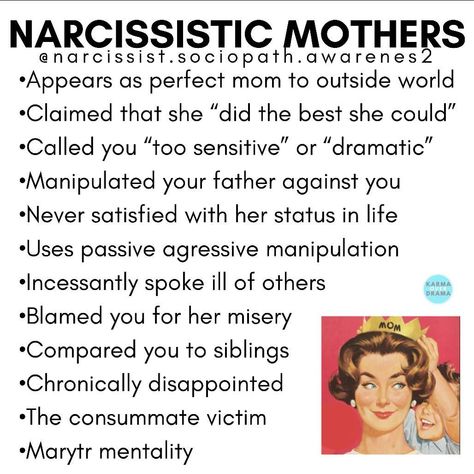 You are not responsible for her feelings. You can act kind and gently remind her that you will start communicating with her again when you are able to do so. nine0003
You are not responsible for her feelings. You can act kind and gently remind her that you will start communicating with her again when you are able to do so. nine0003
Many are taught from childhood that good girls forgive and forget insults. We are expected to forgive everyone who offends us, because it is right. McBride emphasizes: “Forgiveness has a positive charge and helps in healing if we see that the person did not wish us harm. However, trying to deny the pain we have experienced will not do any good. Moreover, by refusing to admit that we have been harmed and to understand that a person may well do it again (intentionally or not), we put ourselves at risk. nine0003
Many misunderstand forgiveness as an excuse for the behavior that harmed us. As if nothing terrible had happened. McBride recommends forgiving only those who are ready to accept responsibility - after the person has admitted his wrong, realized it and truly repented. The author of Good Enough advises letting go of the situation internally, which will definitely do you good: “Forgiveness comes when you live these feelings in order to move on and live your life. ” nine0003
” nine0003
Illustrations: Shutterstock (Taty Vovchek)
Narcissistic mother. Transformation — Women's project by Veronika Khatskevich
Narcissistic parents have a peculiarity: they do not contribute to the upbringing of adequate children, they do not create conditions for the development of the child as an independent self-sufficient person.
Narcissistic mothers affect both sons and daughters. The latter “get” more, because they see competitors in their daughters.
Even before the birth of the child, the narcissistic mother believes that the child will be the best, provided in the best possible way, and such confidence is based on arrogance.
The existence of a child is not considered from the point of view of the child itself, motherhood - this is how a woman protects her unstable self. The child is not treated as a person, and she treats him accordingly. The child is part of the narcissist, or part of the environment.
Consider everything from the very beginning.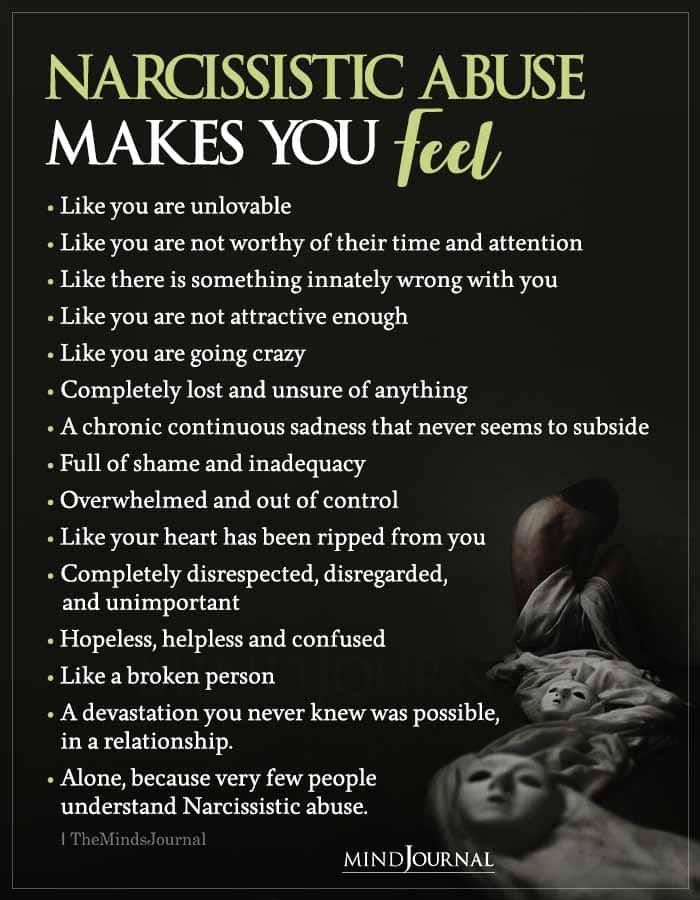
The time has come, and the narcissistic mother must have an alien - the birth of a child. For the first time, the mother gets stuck during pregnancy, in the fourth or fifth month, pregnancy manifests itself in various ways, and the narcissistic mother feels discomfort, while blaming the whole world for this, claims and accusations begin against the child that has not yet been born and the childbirth that cannot be avoided . Even before pregnancy, the narcissist considered adoption or surrogacy to avoid discomfort, but such a child is not ideal due to bad genetics, bad influences (a surrogate mother can get sick during pregnancy). Therefore, it does not inspire confidence. Then thoughts arise that you can go for an abortion, or resort to artificial childbirth, but this is also excluded, because there is little good in this, and I want to hit the world that I gave birth myself! nine0003
In the future, this past period will be characterized by ballads telling their child about an abortion that was not done, an artificial birth…
Narcissistic mothers most often want to give birth to a son. Daughters are treated like second class. The son is the future president, the ruler of the galaxy. Women are rarely required for such activities.
Daughters are treated like second class. The son is the future president, the ruler of the galaxy. Women are rarely required for such activities.
Thoughts come that the daughter is a future bitch, a prostitute, a freeloader, the mother will only be exhausted with her. Some go to get rid of a child who has an unnecessary gender. Others may develop negative feelings for their daughter even before she was born. The key point is not that the mother wants a boy to be born, but the hatred of her daughter before birth, the recognition of her failure in life because of her existence. nine0003
Such women often have difficult childbirth, which is influenced by psychological reasons. The birth itself is protesting. A woman will always remain dissatisfied, no matter what the process of childbirth is: paid, free, through an acquaintance or without it.
A child has appeared. This is where problems appear. He is a living being, though dependent on his mother, however, separate. The narcissistic mother is not able to understand his needs, does not understand them.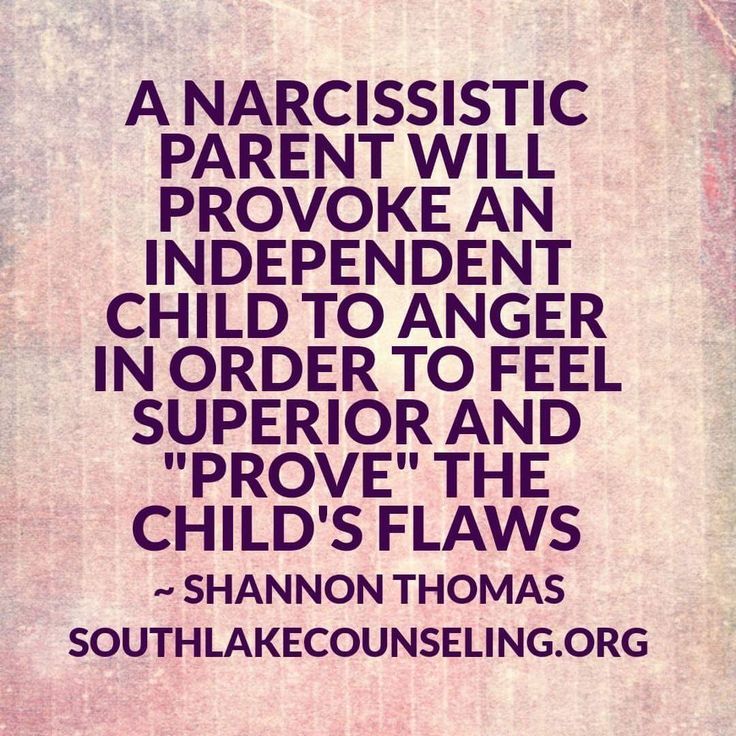
Narcissus is able to endure the period of caring for a child, and in the future will consider him his own feat. The narcissist mother, of course, is experiencing difficulties, it is hard for her. It’s good if she manages to fuse a child who is at an inconvenient age for her, grandma, grandpa. And later, when problematic situations arise, there will be those who are chronically to blame. nine0003
If the child has nowhere to go, he will cause constant irritation to the mother. The daughter in her eyes will always look stupid, clumsy, unlucky, etc.
There may be no boundaries between mother and child that are not distinguished by the mother. In this case, the mother will begin to solve many issues: go everywhere with her daughter, shop for clothes, toys, etc. If she liked something, then the daughter will approve it, in other words, the child does not have his own desires and opinions. nine0003
However, there is another option, mother and daughter may be separated by a wall.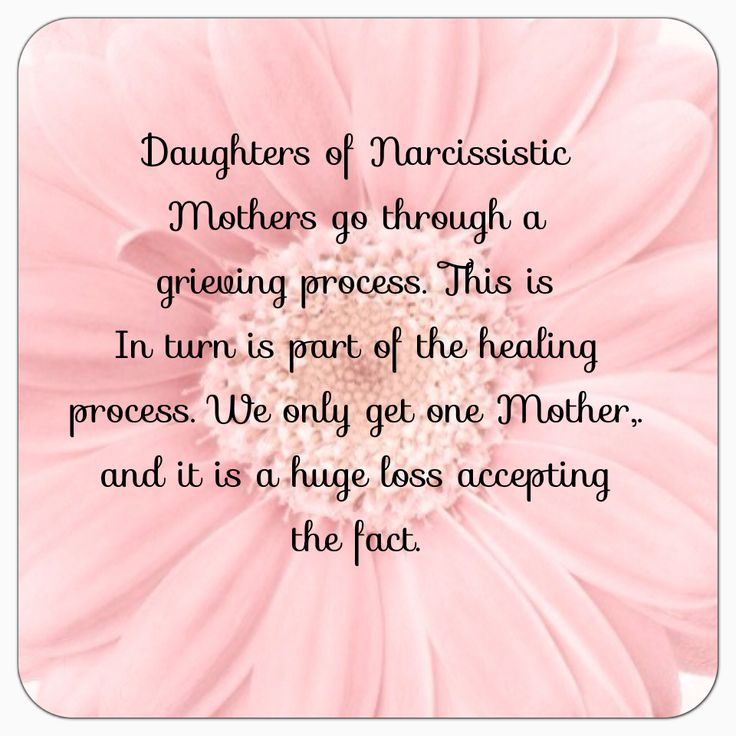 Then the mother simply forgets about the child: birthdays are not celebrated, clothes are not bought, even the child is not taken away from school.
Then the mother simply forgets about the child: birthdays are not celebrated, clothes are not bought, even the child is not taken away from school.
These two types ignore children's problems. The first type doesn't know there is a problem (I have no problem why a child should have one). The second type does not want to know about the existence of the problem.
When a child passes into adolescence, the mother of the first type gets involved in the daughter's affairs, relationships, and does not allow her to solve any issues on her own. Daughter's independence is suppressed. nine0003
The second type gives the daughter a lot of freedom. True, if she deviates from accepted norms, cruel punishment and retribution for her labors will follow (after all, I gave birth to you!).
The adult life of children whose mothers are narcissists is characterized by a difficult relationship between mother and daughter. A mother with no boundaries gives her daughter in marriage.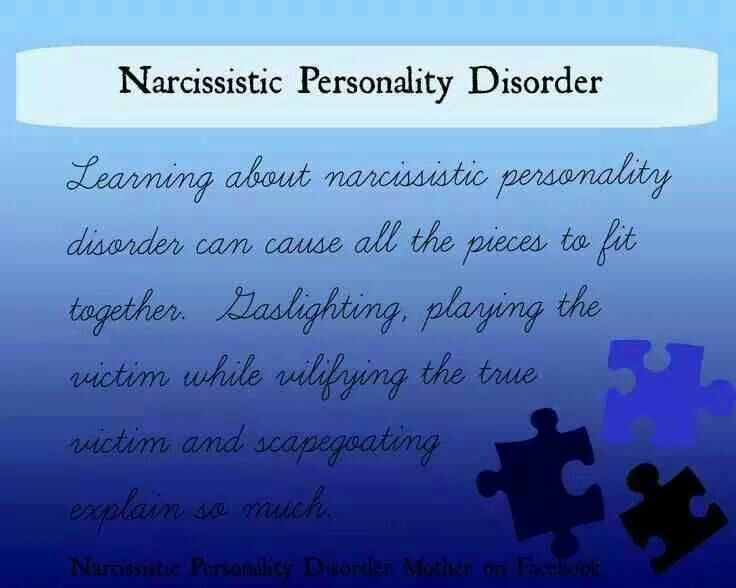 Family life takes place with the participation of the daughter, her husband, mother. The mother strives to ensure that her daughter is next to her, for which she is engaged in rocking the relationship between her daughter and her husband. When the husband is self-confident, the mother is able to lead the marriage to divorce. nine0003
Family life takes place with the participation of the daughter, her husband, mother. The mother strives to ensure that her daughter is next to her, for which she is engaged in rocking the relationship between her daughter and her husband. When the husband is self-confident, the mother is able to lead the marriage to divorce. nine0003
If the mother has no contact with her daughter, the mother starts using the daughter. For example, a daughter should be shared with her, supported. She didn't have an abortion!
If a daughter has an unsuccessful life, her mother will constantly remind her of this. And still, at least something will be taken.
In any case, the mother will consider her daughter imperfect (only she belongs to the only higher being). Therefore, recognition from the daughter will not work. She is not interested in her daughter's problems, they are considered nonsense. Interest can cause problems that will help recognize the daughter as an unfortunate woman, a “complete fool”.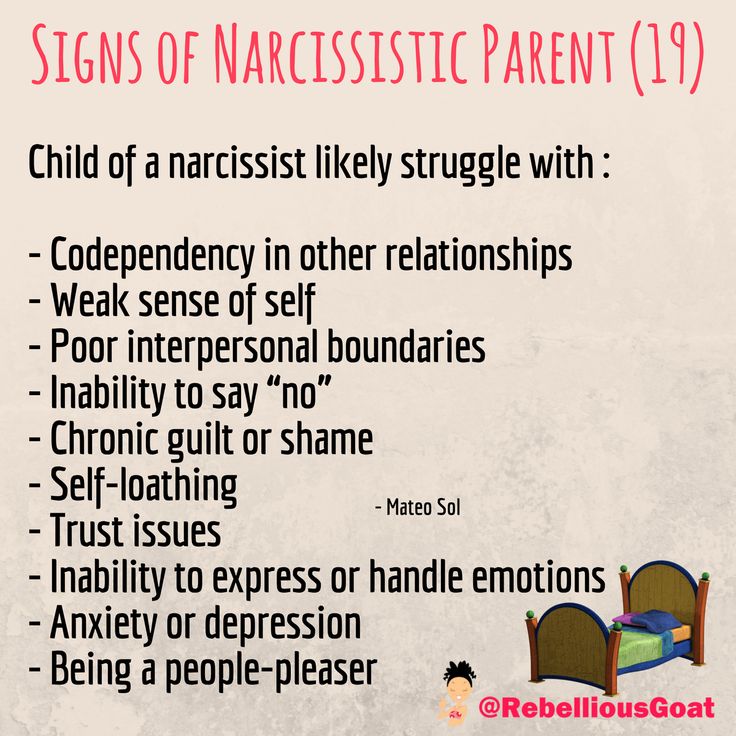 nine0003
nine0003
The ideal, which is always present, usually includes a neighbor, relative, classmate, with whom they compare their child (not in his favor). And, of course, comparisons with yourself will follow.
The mother is the best, more important, she has the most urgent and significant problems, her interests are the most important. When the daughter has achieved some kind of success, the mother will let her know that she had a much larger number of suitors, job offers, etc. in the same period. Or it could be, only the presence of an ugly child interfered. nine0003
When a daughter thinks too much about herself, the mother will find a way to "lower" her. She can use direct insults, affectionate reproaches, reminders, tactless remarks.
If a daughter argues, defends herself, or even sends her mother away, she will make her feel like a bastard, upsetting her mother. A mother knows how to approach her own child. Therefore, when the daughter tries to get away from the conflict, everything will end with the fact that she will feel like a “bad girl”, and she may have to ask for forgiveness. nine0003
nine0003
Daughters with a successful life can spend millions on their mothers, and on all sorts of nonsense. They are not going to return them in advance, because the child is obliged. When the child tries to return the funds, the mother goes into a narcissistic frenzy, saying she has merit.
When persistently demanding money, the mother goes very far: she spreads rumors about her daughter, hires bandits, calls a psychiatric team, appeals to the prosecutor's office.
Under these conditions, the mother is as unhappy as her daughter. From birth, a daughter stays with her mother, who, like clay, fashions a support for her own deformed personality out of her. But the child is a different being, using its own laws in development. And therefore, in order not to allow herself to collapse, the mother corrects her own consciousness, even if the consciousness protests. nine0003
Narcissistic mothers do not bring mental health, a peaceful existence to their daughters. Having a narcissistic mother is an eternal battle for a daughter.